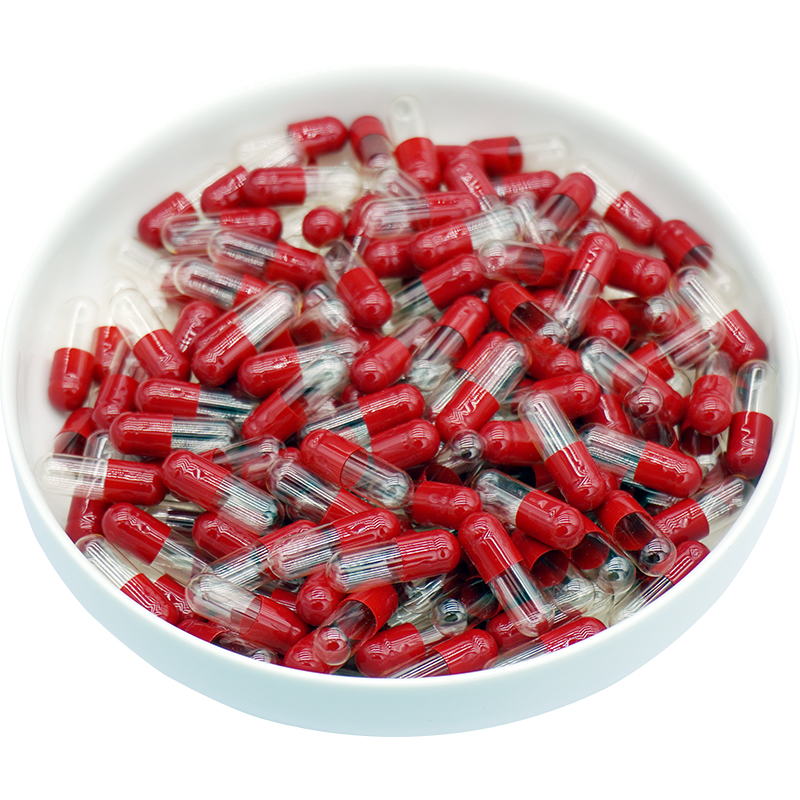Natural plant capsules have gained significant attention in recent years as an eco-friendly alternative to traditional synthetic capsules. These innovative capsules are derived from plant-based materials, offering a sustainable and biodegradable solution for various industries. In this article, we explore the benefits, applications, and environmental advantages of natural plant capsules.

Natural plant capsules are made from renewable plant sources such as seaweed, vegetable starches, or cellulose. They are free from synthetic additives, artificial coloring, and chemical coatings that are commonly found in traditional capsules. The use of plant-based materials ensures a more sustainable and environmentally friendly manufacturing process.
One of the key advantages of natural plant capsules is their biodegradability. These capsules break down naturally in the environment, reducing the accumulation of non-biodegradable waste. Compared to conventional capsules made from petroleum-based plastics, natural plant capsules significantly decrease the carbon footprint and help mitigate plastic pollution.
Natural plant capsules find applications in various industries, including pharmaceuticals, dietary supplements, nutraceuticals, and cosmetics. They provide a safe and effective encapsulation method for a wide range of substances, including powders, liquids, and semi-solids. These capsules can be customized in terms of size, shape, and texture to meet the specific needs of different products.
Natural plant capsules offer excellent protection and preservation properties for encapsulated ingredients. They help maintain the stability and potency of active compounds by shielding them from external factors such as light, moisture, and oxygen. This ensures the longevity and efficacy of the contained substances, enhancing product quality and shelf life.
With growing environmental consciousness among consumers, natural plant capsules have gained significant popularity. Many individuals seek products that align with their sustainability values, and the use of biodegradable and plant-based capsules resonates with this eco-friendly mindset. Brands that adopt natural plant capsules can attract environmentally conscious consumers and enhance their brand image.
HPMC capsules offer inherent safety and health benefits. They are free from potential allergens and harmful chemicals commonly found in synthetic capsules. This makes them suitable for a wider range of consumers, including those with dietary restrictions or sensitivities. Moreover, natural plant capsules are vegetarian and vegan-friendly, catering to the preferences of individuals following plant-based diets.
The increasing demand for natural plant capsules has spurred ongoing research and development. Scientists and manufacturers are exploring new plant-based materials, improving encapsulation technologies, and enhancing the functionality of these capsules. Future innovations may include improved dissolution properties, enhanced stability in varying environmental conditions, and the incorporation of bioactive compounds for targeted delivery.
Natural plant capsules represent a sustainable and environmentally friendly alternative to synthetic capsules. Their biodegradability, versatile applications, and consumer appeal make them a compelling choice for various industries. With their ability to protect and preserve encapsulated ingredients while ensuring safety and health benefits, natural plant capsules have a promising future in the market. As more companies embrace this eco-friendly approach, we can look forward to a world where natural plant capsules become the norm, contributing to a greener and more sustainable future.
Previous: Features and Components of Disposable Medical Protective Clothing
Next: None.
Copyright:@2020-2021
Comments Please sign in or sign up to post.
0
0 of 500 characters used